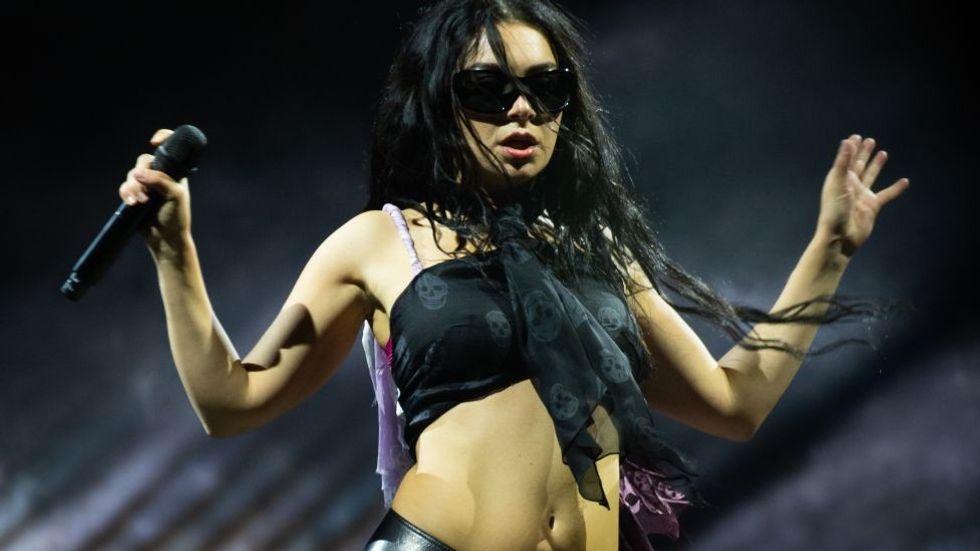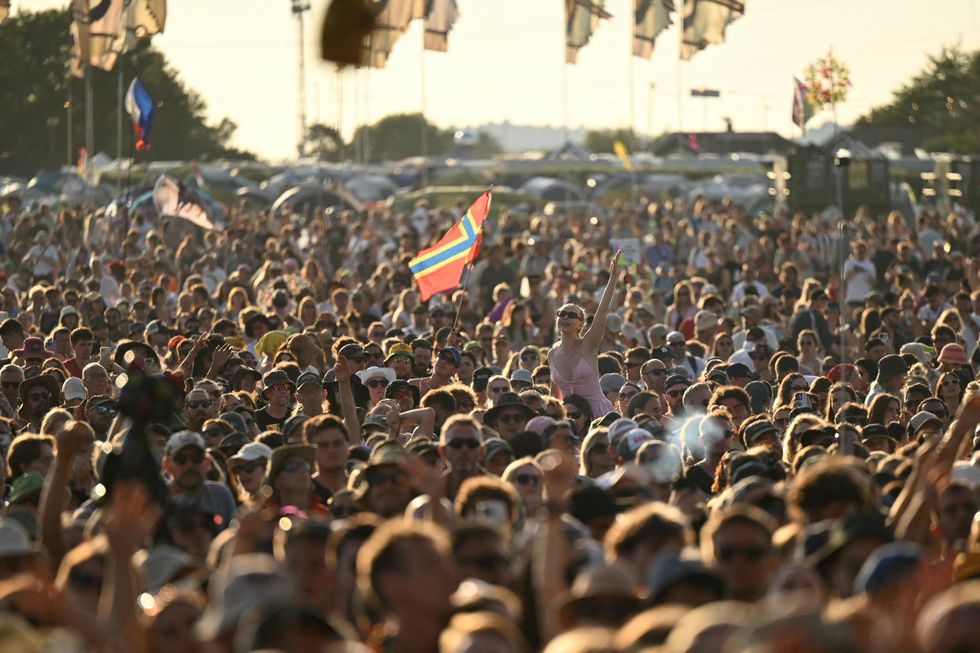SAUDI ARAMCO on Wednesday (11) dethroned Apple as the world's most valuable company as surging oil prices drove up shares and tech stocks slumped.
The Saudi Arabian national petroleum and natural gas company billed as the largest oil-producing company globally was valued at $2.42 trillion based on the price of its shares at the close of the market.
Apple, meanwhile, has seen its share price drop over the past month and was valued at $2.37 trillion when official trading ended on Wednesday.
The sinking share price came despite Apple reporting better-than-expected profits in the first three months of this year amid solid consumer demand.
But, Apple warned that the China Covid-19 lockdown and ongoing supply chain woes would dent June quarter results by $4 to $8 billion.
"Supply constraints caused by Covid-related disruptions and industry-wide silicon shortages are impacting our ability to meet customer demand for our products," chief financial officer Luca Maestri said on a conference call with analysts.
The results looked good following stumbles by some Big Tech peers as growth from the stay-at-home demand amid the pandemic slows and companies confront rising operating and labour costs.
Oil giant Saudi Aramco recently reported a 124 per cent net profit surge for last year, hours after Yemeni rebels attacked its facilities causing a "temporary" drop in production.
As the world economy started to rebound from the Covid-19 pandemic, "Aramco's net income increased by 124 per cent to $110 billion in 2021, compared to $49 billion in 2020," the company said.
One of the world's top crude exporters, the kingdom has been under pressure to raise output as Russia's invasion of Ukraine and subsequent sanctions against Moscow have roiled global energy markets.
Aramco president and CEO Amin Nasser cautioned that the company's outlook remained uncertain due in part to "geopolitical factors".
"We continue to make progress on increasing our crude oil production capacity, executing our gas expansion program and increasing our liquids to chemicals capacity," Nasser said.
On the results, for 2021, he acknowledged that "economic conditions have improved considerably".
A strong rebound last year saw demand for oil increase and prices recover from their 2020 lows.
Inflation could cause a drop in consumption, reducing oil demand, while tech shares could continue to be dragged down by investor concerns over company costs, interest rate rises and supply chain woes.
(AFP)

















 Charli XCX defends her Glastonbury set, calling autotune criticism outdated and dull BBC
Charli XCX defends her Glastonbury set, calling autotune criticism outdated and dull BBC 
 Kareena Kapoor says the incident left their children Taimur and Jeh shakenGetty Images
Kareena Kapoor says the incident left their children Taimur and Jeh shakenGetty Images  Kareena and Saif are now focusing on healing as a family after the traumatic episodeGetty Images
Kareena and Saif are now focusing on healing as a family after the traumatic episodeGetty Images 
 Festivalgoers watch British band Wolf Alice perform on the Other Stage on the final day of the Glastonbury festival Getty Images
Festivalgoers watch British band Wolf Alice perform on the Other Stage on the final day of the Glastonbury festival Getty Images